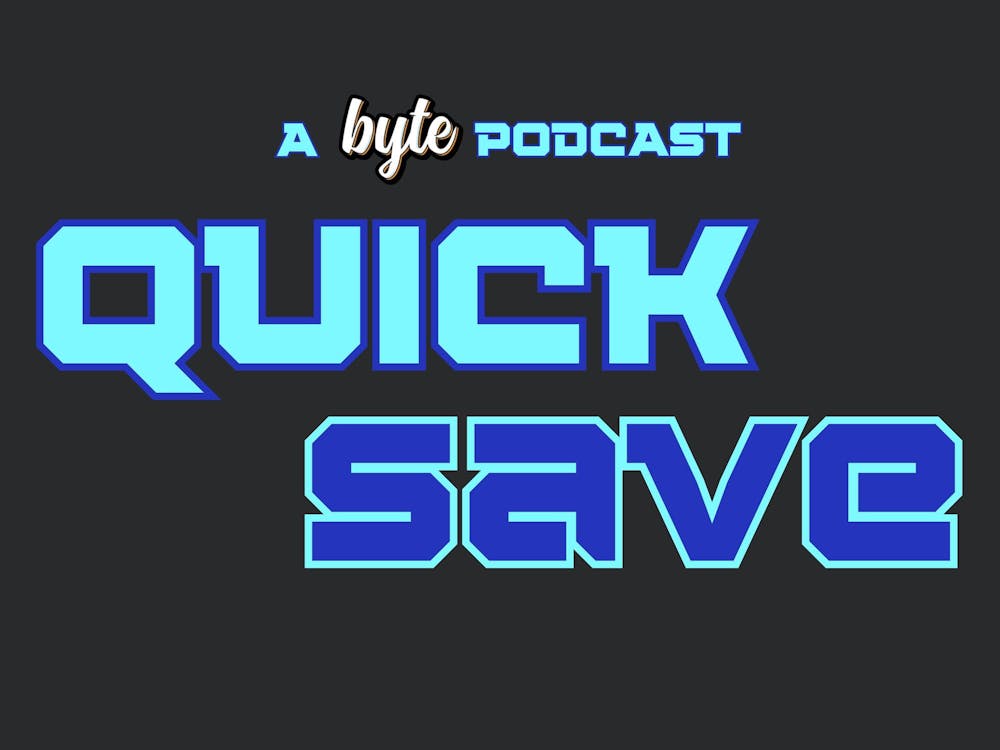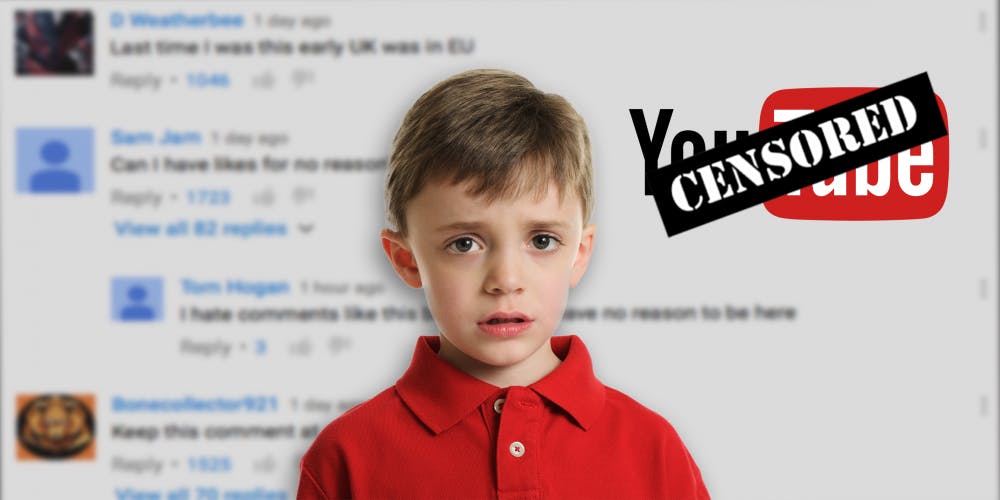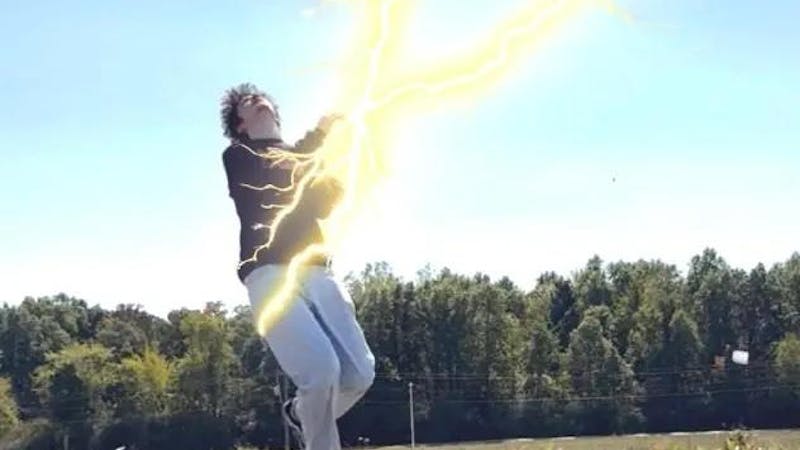The opinions and views expressed in this article are those of the author and do not reflect the opinion of Byte or Byte’s editorial board.
Once again YouTube is in another fiasco. And once again it’s not a good one. YouTube is currently in its second Adpocalypse. What’s that you ask? It’s where advertisers pull their ads from YouTube on videos that they deem inappropriate, i.e. not family-friendly. They do this so a brand doesn’t get associated with something that could harm the business. The first Adpocalypse was in the summer of 2017 and concerned racist content as the website Wikitubia documents.
The second Adpocalypse began in February when Matt Watson released a video about pedophileson YouTube. Since then, he has released several more videos discussing the subject. In his initial video, he asked that companies remove their advertisements and thus the second Adpocalypse hath begun.
The YouTube community has been outraged by both Matt Watson’s video and the actions that YouTube has taken. As Wikitubia has also explained, several companies such as Hasbro, Epic Games,and Nestle have already pulled their advertisements. This has had a negative impact on content creators because when advertisers pull their advertisements, the creators don’t receive any money. The way that advertising works is if the video is family-friendly, YouTube will allow advertisements on it. If it’s not family-friendly, then they don’t allow ads on it. However, no advertisers means no advertisements. This would be a big problem if your livelihood happens to depend on ad revenue.
The pedophiles on YouTube are time-stamping videos of children or putting links into the comments.
Another tactic being used is the deletion of comments, not just individual comments, but sometimes whole comment sections. This is primarily on videos that involve children. I feel that this is a mixed bag. It is a good idea as it removes a platform for pedophiles to easily draw attention to sections of an innocent video involving children; however, on the other end of the spectrum, it silences others from voicing their opinion or providing commentary on the video they’ve recently watched. For instance, they may offer words of encouragement or other positive comments.

Image from New York Times
I believe that Matt Watson had good intentions bringing to light an issue hiding in plain sight, but the situation could’ve been handled differently. He called for advertisers to remove ads, which they did, which in turn affected the livelihoods of many YouTubers. His heart was in the right place, and it did cause YouTube to more closely monitor what’s going on underneath their nose. A possible solution could’ve been to discuss the matter with YouTube in private. Would this have still garnered a rapid response from them and the necessary actions? Or would it have been swept under the rug?
On the one hand, removing a platform for pedophiles to discuss and timestamp videos is effective in its goal; however, this comes with collateral, namely the nonpedophiles. Now they are unable to comment on videos or even view the previous comments left behind. All actions, even those for the greater good, can have negative or unforeseen consequences The best thing that YouTube did is that they contacted the authorities and reported suspicious accounts. Here’s hoping the situation gets resolved.
Sources: Mashable, New York Times, Twitter, YouTube, Wikitubia
Images: Twitter, New York Times
Featured Image: Katherine Sinkovics





















